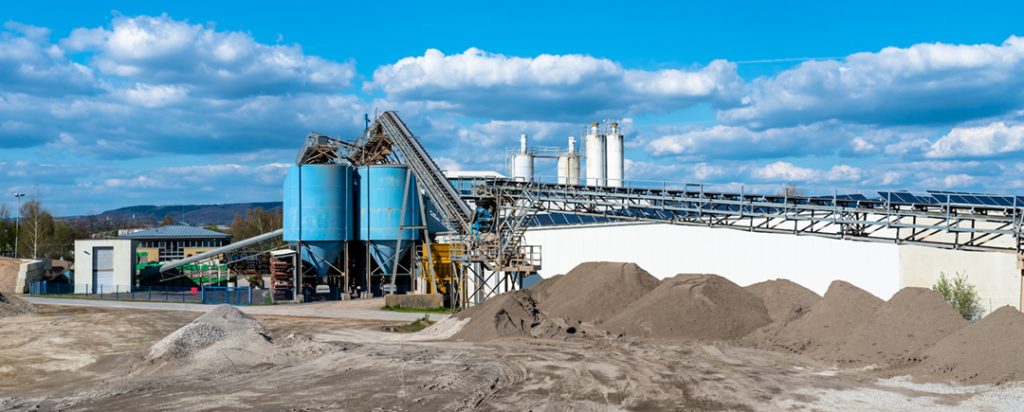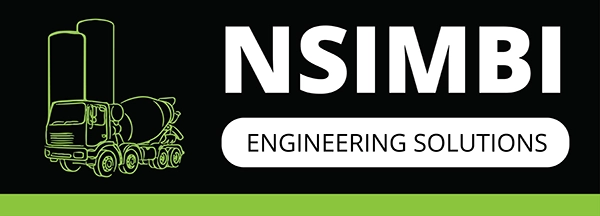
The construction industry across Africa is experiencing unprecedented growth, driving demand for reliable concrete production solutions. At the heart of efficient concrete manufacturing lies sophisticated batch plant equipment that ensures consistent quality, optimal productivity, and cost-effective operations for projects of all scales.
Understanding Modern Concrete Batch Plants
Concrete batch plants serve as the backbone of construction operations, combining precise measurements of cement, aggregates, water, and additives to produce high-quality concrete mixtures. These sophisticated systems have evolved significantly, incorporating advanced automation and control technologies that maximize efficiency while minimizing waste.
Modern facilities integrate multiple components working in harmony: aggregate storage bins, cement silos, weighing systems, mixing units, and control panels. Each element plays a crucial role in delivering the consistent concrete quality that today’s construction projects demand.
Key Components of Professional Batch Plant Systems
Aggregate Handling Systems form the foundation of any concrete production facility. These systems manage the storage, weighing, and conveying of sand, gravel, and crushed stone materials. Proper aggregate handling ensures accurate proportioning and prevents contamination that could compromise concrete quality.
Cement Storage and Delivery systems maintain the integrity of cement through enclosed silos that protect against moisture and contamination. Pneumatic conveying systems transport cement efficiently from storage to weighing hoppers, maintaining material quality throughout the process.
Precision Weighing Technology represents the heart of quality concrete production. Modern load cells and digital controls provide accurate measurements of all materials, ensuring consistent mix designs that meet specific project requirements and industry standards.
Advanced Mixing Systems blend all materials thoroughly, creating homogeneous concrete mixtures. High-efficiency mixers reduce cycle times while ensuring complete material integration, supporting higher production rates without compromising quality.
Batch Plant Equipment: Maximizing Operational Efficiency
Successful concrete production operations depend on well-maintained equipment and optimized processes. Regular maintenance schedules prevent unexpected downtime and extend equipment lifespan, protecting your investment while ensuring consistent production capabilities.
Automated control systems reduce human error while providing real-time monitoring of all production parameters. These systems track material usage, production rates, and quality metrics, enabling operators to optimize performance and identify improvement opportunities.
Strategic spare parts inventory management ensures minimal production interruptions. Having critical components readily available prevents extended downtime during routine maintenance or unexpected repairs, maintaining project schedules and customer commitments.
Supporting Mobile Concrete Operations
Cement mixer trucks complement stationary batch plants by extending concrete delivery capabilities to job sites across wide geographic areas. These specialized vehicles maintain concrete quality during transport through continuous mixing action and temperature control systems.
Modern mixer truck designs incorporate advanced hydraulic systems, durable mixing drums, and efficient power transmission components that deliver reliable performance under demanding African operating conditions. Regular maintenance and genuine replacement parts ensure optimal performance and extended service life.
Quality Assurance and Industry Standards
Professional concrete production requires adherence to strict quality standards and testing protocols. Modern batch plant equipment incorporates quality control features that monitor mix consistency, temperature, and other critical parameters throughout the production process.
Documentation systems track all production activities, creating detailed records for quality assurance and project compliance. These capabilities support certification requirements and provide valuable data for process optimization and troubleshooting.
Strategic Equipment Selection Considerations
Choosing appropriate concrete production equipment requires careful evaluation of project requirements, production volumes, and local operating conditions. Climate considerations, material availability, and transportation logistics all influence optimal system design and configuration.
Scalable designs allow operations to expand production capacity as business grows, protecting initial investments while accommodating future requirements. Modular components facilitate upgrades and modifications without complete system replacement.
Energy efficiency considerations impact long-term operational costs. Modern equipment designs incorporate energy-saving technologies that reduce power consumption while maintaining production performance, supporting sustainable operations and cost control.
Professional Support and Service Excellence
Successful concrete production operations require comprehensive support throughout equipment lifecycles. Technical expertise, training programs, and responsive service support ensure optimal performance and maximum return on investment.
Local parts availability and service capabilities minimize downtime while reducing maintenance costs. Establishing relationships with experienced suppliers who understand regional operating conditions and requirements provides ongoing operational advantages.
Training programs for operators and maintenance personnel maximize equipment performance while extending service life. Proper operation and maintenance practices prevent premature wear and ensure consistent production quality.
Conclusion
Modern batch plant equipment represents a critical investment in construction industry success across Africa. By selecting appropriate systems, implementing comprehensive maintenance programs, and partnering with experienced suppliers, concrete producers can achieve optimal performance, quality, and profitability.
The combination of advanced technology, professional support, and strategic planning creates sustainable competitive advantages in today’s demanding construction market. Whether supplying major infrastructure projects or local construction needs, investing in quality concrete production equipment delivers long-term value and operational success.
For concrete producers seeking reliable equipment solutions, partnering with experienced suppliers who understand local conditions and provide comprehensive support ensures optimal results and sustained operational excellence.

